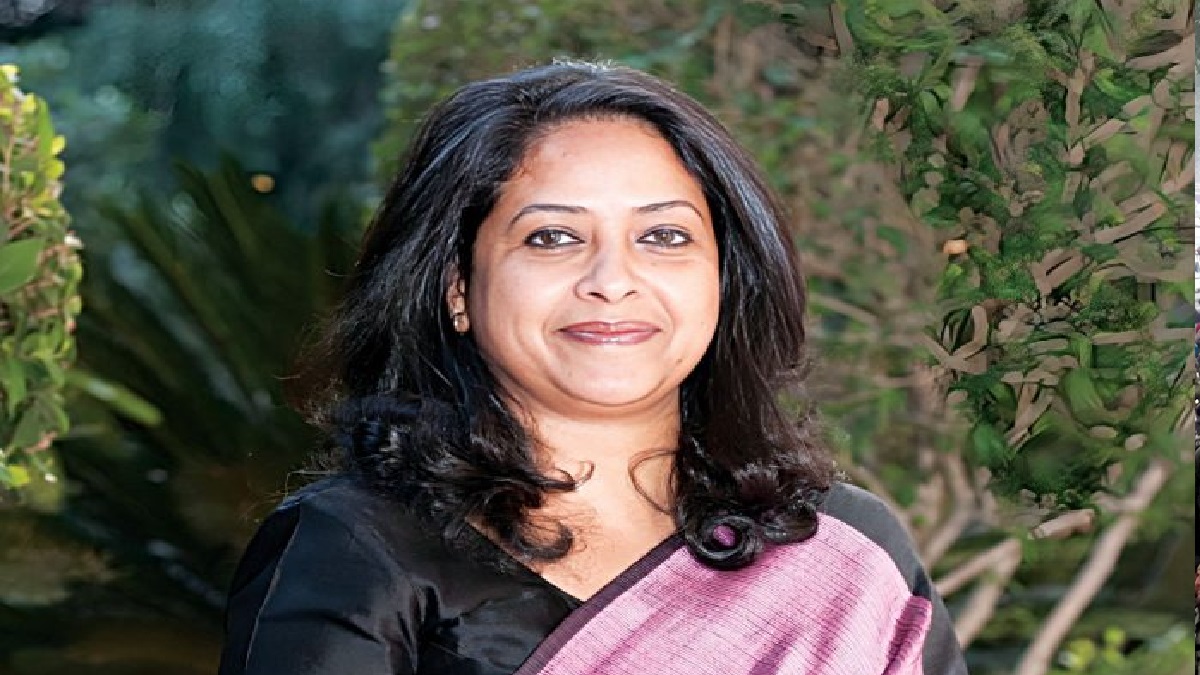 |
|
The recent controversy surrounding the allocation of space for a memorial dedicated to former Prime Minister Dr. Manmohan Singh has sparked a heated debate within Indian political circles. Sharmistha Mukherjee, daughter of the late President Pranab Mukherjee, has added fuel to the fire with her outspoken criticism of the Congress party's handling of her father's death and their subsequent demand for the memorial. Her statements, shared on X (formerly Twitter), reveal a deep-seated frustration with the Congress leadership's apparent lack of respect for her father and their perceived inconsistency in their actions. She highlights the absence of a Congress Working Committee (CWC) meeting to offer condolences following her father's death, contrasting this with the CWC meeting called after the passing of former President K.R. Narayanan. This stark contrast underscores her point about the perceived differential treatment afforded to presidents from the Congress party.
The core of Sharmistha Mukherjee's criticism lies in what she perceives as a double standard. While she ultimately supports the establishment of a memorial for Dr. Singh, deeming it a fitting tribute to his contributions, her criticism of the Congress party's actions is not simply a personal grievance. It exposes a potential deeper issue within the party's internal dynamics and its approach to remembrance and honoring its prominent figures. Her revelation that her father, while President, had intended to confer the Bharat Ratna on Dr. Singh, but this did not materialize, adds another layer of complexity to the narrative. This suggests a potential underlying political maneuvering that prevented the award from being bestowed, raising questions about the priorities and internal power struggles within the Congress party during that period. Her veiled reference to 'reasons which don't need to be spelt out' hints at a more substantial political context that remains unspoken but heavily implied.
The Union Home Ministry's announcement regarding the allocation of space for Dr. Singh's memorial provides a contrasting perspective to the internal conflicts within the Congress party. The swift and decisive response from the Centre demonstrates a willingness to honor Dr. Singh's legacy, irrespective of the political battles playing out within the opposition. The Ministry's statement, emphasizing that the allocation of space doesn't preclude the necessary formalities such as the formation of a trust, indicates a measured and procedural approach to the matter. This contrast further highlights the perceived inaction of the Congress party in comparison to the Centre's efficient handling of the situation. The prompt communication between Home Minister Amit Shah and Congress president Mallikarjun Kharge underscores a level of inter-party collaboration on this particular issue, despite the broader political tensions between the ruling party and the opposition.
Sharmistha Mukherjee's public statements have undeniably injected a significant element of drama and controversy into an otherwise straightforward request for a memorial. Her sharp criticism of the Congress party, while supporting the memorial itself, serves as a powerful commentary on the complexities of political allegiances, internal party dynamics, and the often-unseen forces that shape the commemoration of prominent figures. The contrast between her personal feelings towards her father's legacy and her pragmatic support for the memorial for Dr. Singh reveals a nuanced understanding of the political landscape. Her actions raise questions about the internal workings of the Congress party, their approach to honoring their leaders, and the potential underlying political considerations that influence such decisions. It remains to be seen how the Congress party will respond to her criticism and whether this incident will lead to any internal reforms or changes in their approach to commemorating significant historical figures.
The entire episode underscores the inherent challenges of balancing political expediency with genuine respect and remembrance. The seemingly simple act of constructing a memorial becomes laden with political symbolism, highlighting the complexities of power dynamics, internal party struggles, and the public perception of historical figures. While Dr. Singh's memorial will stand as a testament to his contributions to Indian society, Sharmistha Mukherjee's criticism serves as a reminder that the narrative surrounding such memorials is rarely straightforward and often reflects the intricate and often-turbulent world of Indian politics.
